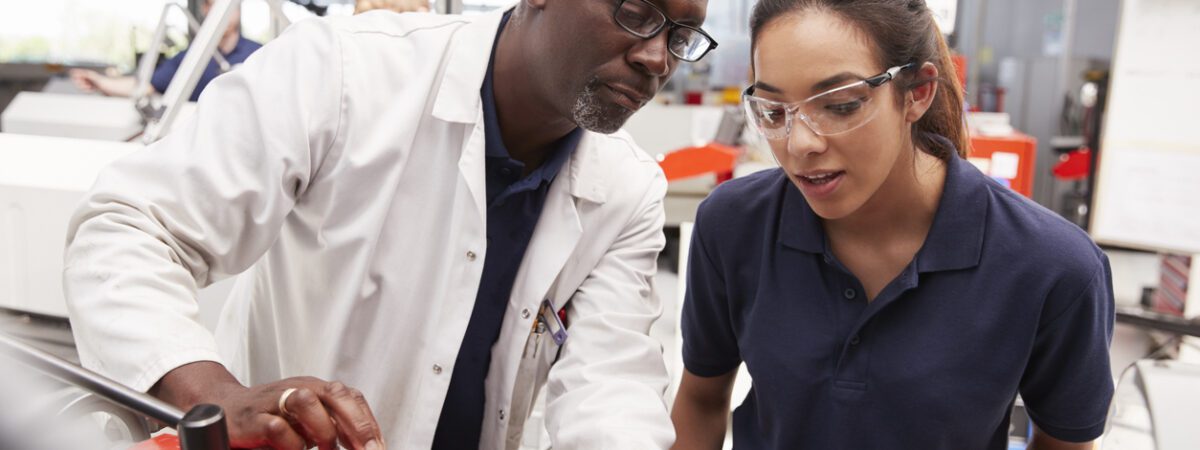Work experience has long been seen as an important step in preparing students for life beyond the classroom. But in today’s fast-changing world, it’s more valuable than ever. Whether it’s a short placement during school holidays or part of a formal programme, gaining first-hand experience of the working world can give students confidence, direction and essential life skills that textbooks alone can’t provide.
Bridging the Gap Between Classroom and Career
Schools and colleges do a brilliant job of teaching academic knowledge, but stepping into a real workplace is often a completely different experience. Work experience helps students connect what they’ve learned with real-world applications. For example, they might experience how communication matters in customer service, or how maths is used in financial transactions and processes.
Even a short placement can help students understand what different jobs involve, how workplaces operate, and what employers value most. It’s a chance to see the bigger picture and start to imagine where their own skills might fit in.
Building Confidence and Independence
For many students, work experience is the first time they’ve had to navigate an adult environment. That might mean getting used to arriving on time, introducing themselves to colleagues, and taking responsibility for tasks. These might sound like small things, but they’re huge confidence-builders.
Learning to manage time, ask for help, or handle feedback are all skills that benefit students long after the placement ends. It’s also a reminder that every professional, no matter how experienced, once started somewhere.
Discovering Strengths and Interests
Sometimes, a placement can help a student realise that a career they once imagined isn’t the right fit after all. That’s still a valuable lesson, and it helps narrow down choices for the future.
For others, it’s a spark that ignites a lifelong passion. A student helping out in a veterinary clinic might discover a love of animal care, while another shadowing an engineer could find inspiration in problem-solving and design.
Developing Key Skills for the Future
Many of the skills employers look for today go beyond academic grades. Work experience helps students develop “soft skills” such as:
- Communication – learning how to talk to people of different ages and backgrounds.
- Teamwork – understanding how collaboration leads to success.
- Problem-solving – finding creative solutions when things don’t go to plan.
- Adaptability – handling new situations with confidence.
- Professionalism – knowing what’s expected in a workplace setting.
These skills are not only useful in employment but also in higher education and everyday life. They prepare students to adapt in an ever-changing job market and give them an edge when applying for future opportunities.
Making the Most of Work Experience
Encourage your child to treat their placement like a real job. Things that are important include how to show up on time, take notes, ask questions, and show enthusiasm. A positive attitude often leaves a lasting impression, and many students even secure part-time jobs or future opportunities through their placements.
After the placement, talk about what they learned. What did they enjoy most? What was challenging? Reflecting on their experience helps them connect the dots between schoolwork and their future goals.
How Tutor Doctor Can Help
At Tutor Doctor, we believe learning doesn’t stop at the classroom door. Our tutors help students build the academic confidence and transferable skills they need to thrive, whether that’s developing study habits, improving communication, or building resilience.
We also encourage goal-setting and self-awareness, helping students identify their strengths and interests before they step into the world of work. With the right preparation and support, work experience becomes the start of a future filled with opportunity.
Find your nearest Tutor Doctor location today and help your child build the confidence and skills they need to shine, both in school and beyond.




